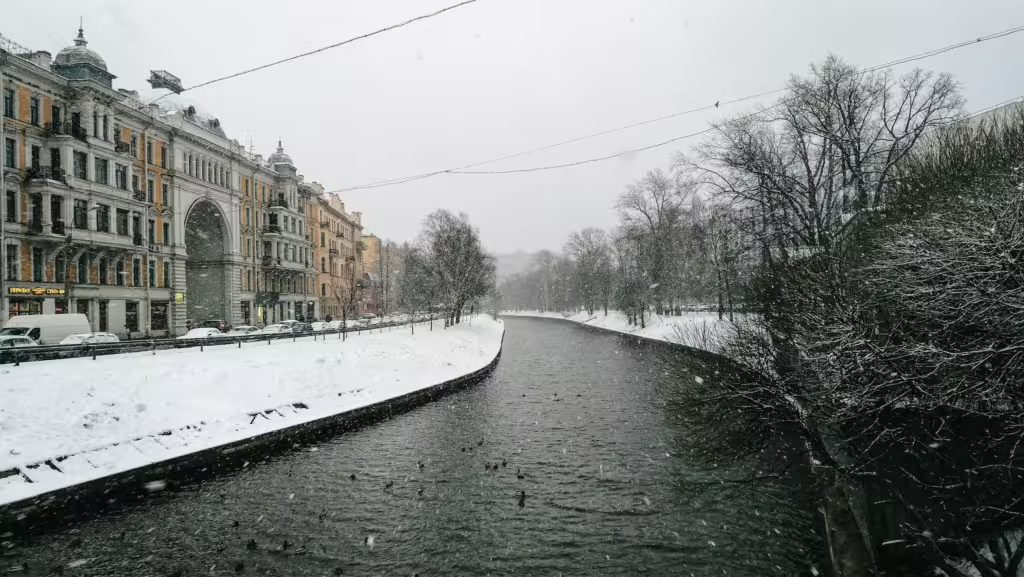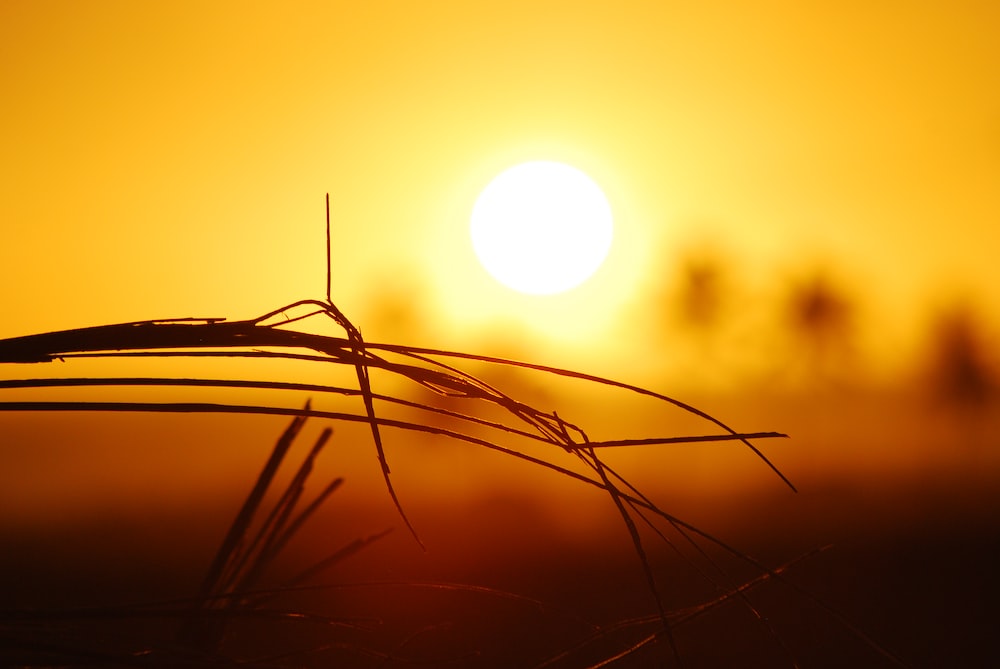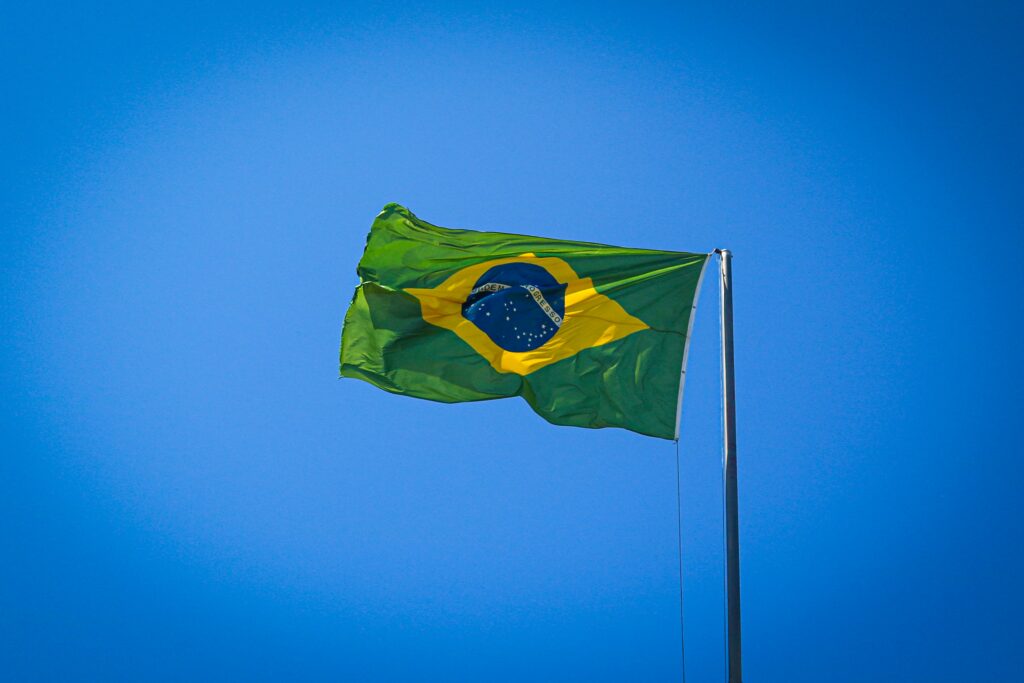Imagine two competing headlines. One says “August-like heat places 100 million people under heat alerts” and the other says “November-like chill places 100 million people under frost and freeze alerts”. Which story mentions climate? Yes, you guessed it. The actual headline was the latter, on NBC on Oct. 19. And the story said not a word about climate. But then, two weeks later, came “It’s unseasonably warm in Europe this fall. Climate researchers are feeling the heat.” And there it is, right in the headline, plus 12 other instances in the story. Just as “Cold blast to bring record-breaking temperatures to large part of U.S. this week” is merely weather whereas “Summer heatwaves ‘killed record number of pensioners’” is definitely climate.
The first story used the word “record” eight times. Mind you some were a bit iffy, like “For the first time on record, Birmingham, Alabama, hit 32 degrees before Billings, Montana”. But the story about warmth didn’t refer to a single record. It did say that “the Swedish city of Kristianstad hit 67 degrees F less than a week ago, Agence France-Presse reported.” But not whether Kristianstad often does such a thing. You were meant to connect the dots yourself.
The warming story even devoted attention to how climate change is disrupting the jet stream, in a particularly brazen piece of scientists-don’t-know-but-journalists-do reporting:
“Some scientists have been investigating what impact — if any — global warming has on the jet stream, but the links, if they exist, aren’t yet well understood. Still, it’s clear that climate change is amplifying the consequences of jet stream anomalies, O’Reilly said.”
O’Reilly being “Christopher O’Reilly, a research fellow in the meteorology department at the University of Reading in the United Kingdom”. So what about those notorious polar vortexes? Forgotten apparently. At least for now.
What is not forgotten is to try to make people think they hate it being nice in November. (Our garden, courtesy of native plants, is actually flowering and the bees say thanks.) We’re meant to think mild weather is the fifth horseman. But of course it’s not, as the National Post did concede in starting its Oct. 26 “Posted” feature for subscribers with the warning “We feel it necessary to warn you there is a photo at the bottom of today's newsletter that many of you will find disturbing, but we feel it necessary to share upsetting images when they have imminent implications for all of us. We appreciate your understanding.” And why? Because:
“Yes, this is the photo we were referring to at the top. Children from CCES Nature Kindergarten play in the ... ugh ... snow in Confederation Park in northwest Calgary yesterday. While the children themselves seem unbothered by the horror of it all — in fact, they're showing remarkable teamwork and Sisyphus would be proud — they're probably not the ones who did the bulk of the shovelling after the substantial weekend snowfall, so what do they know?”
That event did prompt one news story that used the word “Climate” twice. But both times it was a reference to Environment and Climate Change Canada, first tallying the 13.2 cm of snow and then that it “forecasts a return to sunny skies and unseasonable warmth”. At which point we’ll also see a return to you-know-what.
Exactly. “Millions experiencing record warmth for November but the temperatures may fuel severe storms and tornadoes”. And of course “The startling warmth can be attributed to climate change and may cause severe storms”. In bold face, no less. Whereas shame face would be more appropriate. Instead “100-vehicle crash closes parts of Denver highway following overnight snow” with no hint of climate in sight. Just “The Denver metro area saw 2 to 4 inches of snow, the National Weather Service said. The agency cautioned motorists to be aware of icy and snow-covered roads from temperatures dropping” because the weather is bad.
Still, even stony silence beats the CBC story about how:
“The Northwest Territories government says damage to a fuel hose played a role in delaying this year's shipping season for resupply barges headed to coastal communities. The territorial government announced earlier this month that the barge for Sachs Harbour, the N.W.T.'s northernmost community, would be cancelled. It said bad weather and a late start to the sailing season due to climate change, delayed buoy placement by the Canadian Coast Guard and flooding in Hay River and Inuvik this spring were to blame.”
Normally if it’s hard to sail in the Arctic it would be due to winter conditions. But no. It’s “climate change”. Although since climate change will leave the Arctic ice-free by 2012 or thereabouts (also 2013, 2014, 2015, 2016 and 2017), we’re a bit puzzled. But no worries.
Bad equals climate change and vice versa. Unless it’s cold bad, when it is and isn’t climate. Simple.


